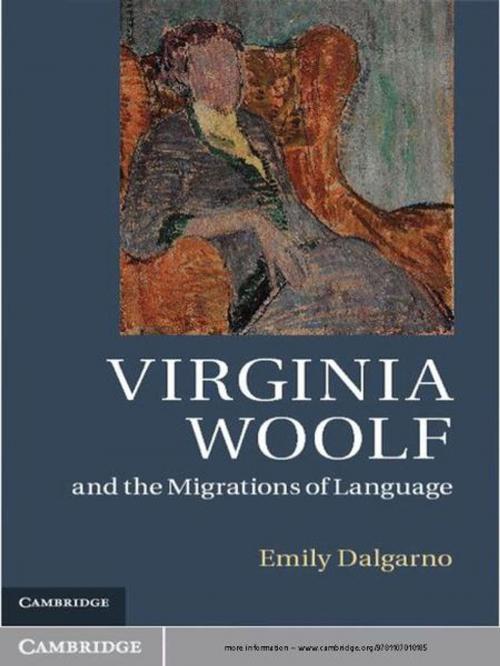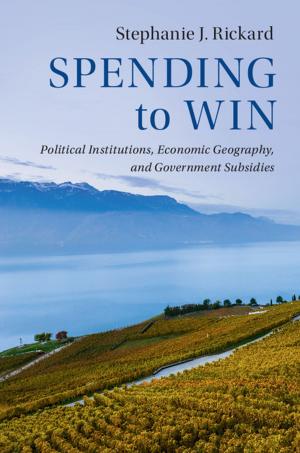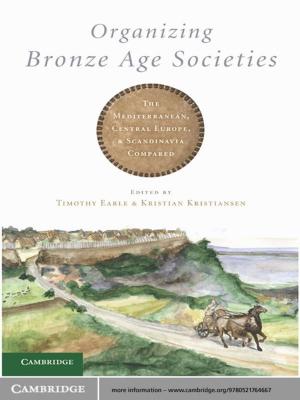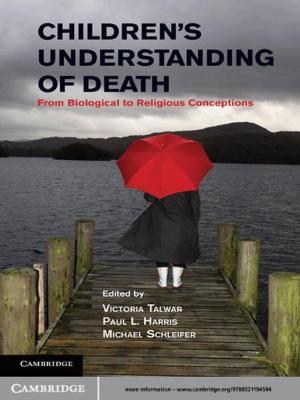Virginia Woolf and the Migrations of Language
Fiction & Literature, Literary Theory & Criticism, British, Nonfiction, Reference & Language, Language Arts| Author: | Professor Emily Dalgarno | ISBN: | 9781139179881 |
| Publisher: | Cambridge University Press | Publication: | October 6, 2011 |
| Imprint: | Cambridge University Press | Language: | English |
| Author: | Professor Emily Dalgarno |
| ISBN: | 9781139179881 |
| Publisher: | Cambridge University Press |
| Publication: | October 6, 2011 |
| Imprint: | Cambridge University Press |
| Language: | English |
Virginia Woolf's rich and imaginative use of language was partly a result of her keen interest in foreign literatures and languages - mainly Greek and French, but also Russian, German and Italian. As a translator she naturally addressed herself both to contemporary standards of translation within the university, but also to readers like herself. In Three Guineas she ranged herself among German scholars who used Antigone to critique European politics of the 1930s. Orlando outwits the censors with a strategy that focuses on Proust's untranslatable word. The Waves and The Years show her looking ahead to the problems of postcolonial society, where translation crosses borders. In this in-depth study of Woolf and European languages and literatures, Emily Dalgarno opens up a rewarding new way of reading her prose.
Virginia Woolf's rich and imaginative use of language was partly a result of her keen interest in foreign literatures and languages - mainly Greek and French, but also Russian, German and Italian. As a translator she naturally addressed herself both to contemporary standards of translation within the university, but also to readers like herself. In Three Guineas she ranged herself among German scholars who used Antigone to critique European politics of the 1930s. Orlando outwits the censors with a strategy that focuses on Proust's untranslatable word. The Waves and The Years show her looking ahead to the problems of postcolonial society, where translation crosses borders. In this in-depth study of Woolf and European languages and literatures, Emily Dalgarno opens up a rewarding new way of reading her prose.















